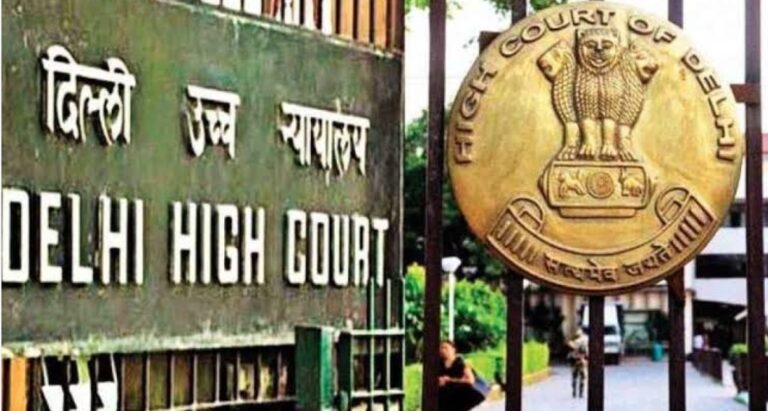The characterization of payments for computer software has long been a contentious issue under Indian tax law. The Revenue has consistently argued that consideration paid to foreign suppliers for software amounts to “royalty” under section 9(1)(vi) of the Income-tax Act, 1961, thereby attracting tax deduction at source (TDS) under section 195. However, judicial forums have drawn a distinction between the use of a copyrighted article and the use of copyright itself. In a significant ruling, the Delhi High Court in CIT (International Taxation)–3 v. Xiocom (NZ) Ltd (ITA 299/2025, decided on 12 August 2025) reaffirmed that payments for off-the-shelf computer software supplied by a foreign company to an Indian distributor/end-user do not constitute royalty either under the Act or the relevant Double Taxation Avoidance Agreement (DTAA). Relying on the binding precedent of the Supreme Court in Engineering Analysis Centre of Excellence (2021), the Court held that no income accrues to the non-resident in India and consequently there is no obligation to deduct tax at source under section 195.
Case: CIT (International Taxation)–3 v. Xiocom (NZ) Ltd, ITA 299/2025
Court/Bench: Delhi High Court, Justices V. Kameswar Rao & Vinod Kumar
Decision date: August 12, 2025 (reported Aug 14, 2025)
Snapshot
Payments by an Indian buyer for the resale/use of off-the-shelf computer software supplied by a foreign company are not “royalty” under Section 9(1)(vi) or Article 12 of the relevant DTAA. Consequently, no withholding tax (TDS) obligation arises under Section 195. The Court followed the Supreme Court’s ruling in Engineering Analysis (2021). Appeal of the Revenue dismissed.
Material facts
- Xiocom (NZ) Ltd (a non-resident) supplied off-the-shelf software under a non-exclusive licence to Zylog Systems (India) Ltd for use in India (AY 2010-11).
- The AO treated ~₹19.25 crore receipts as royalty taxable in India u/s 9(1)(vi) and Article 12 of the India–New Zealand DTAA.
- CIT(A) and ITAT deleted the addition, relying on Infrasoft, Ericsson, Nokia and the SC decision in Engineering Analysis. The Revenue appealed u/s 260A.
Issues
- Whether consideration for standard software licences amounts to “royalty” under the Act/DTAA;
- If yes, whether the Indian payer had a TDS obligation u/s 195.
Court’s reasoning
- Binding precedent: The Supreme Court in Engineering Analysis held that sums paid by Indian distributors/end-users to non-resident software suppliers do not create any right to use copyright and hence are not royalty under the DTAAs. Therefore, no income is taxable in India and no TDS is required u/s 195. The HC quoted and applied paras 168–170 of the SC judgment.
- DTAA override: Even though Explanations to s.9(1)(vi) were expanded domestically in 2012, they cannot be read into the treaty absent corresponding DTAA changes (echoing Ericsson, Nokia, Siemens AG line).
- Since the Revenue did not contest the applicability of Engineering Analysis on these facts, no substantial question of law arose; appeal dismissed.
Outcome
Revenue’s appeal dismissed; Xiocom succeeds. No TDS liability on the Indian payer for these software payments.
Why this matters (practical takeaways)
- Standard/EULA software (off-the-shelf; no rights in copyright; only right to use the copy) → generally not royalty under applicable DTAAs; no s.195 TDS. Keep robust EULAs/distribution agreements documenting no transfer of copyright.
- Treaty first: If DTAA defines “royalty” more narrowly, the DTAA governs (s.90). Domestic Explanation 4 or 5 cannot expand DTAA scope.
- Edge cases to watch:
- Software arrangements that grant rights to reproduce, modify, or commercially exploit may still be royalty.
- Cloud services and access-based models: the Delhi HC has similarly held standard cloud payments to AWS not royalty/FTS, reinforcing the consumption-vs-copyright divide (but evaluate each fact pattern).
Note: Off-the-shelf Software (also called shrink-wrapped software or standard software)
- Meaning: It refers to software programs that are developed for the mass market, packaged, and sold/licensed to end-users without any significant customization.
- Examples: Microsoft Office, Adobe Acrobat, antivirus software, etc.
- Legal/Treaty significance:
- Buying such software gives the purchaser only a non-exclusive, non-transferable right to use the copy.
- The purchaser does not acquire any copyright (no right to reproduce, distribute, or modify the source code).
- Tax implication:
- Since only the copyrighted article (the product) is transferred, and not the copyright itself, the payment is treated as business income of the foreign supplier, not “royalty.”
- Unless the foreign supplier has a permanent establishment (PE) in India, such income is not taxable in India, and the Indian buyer has no TDS obligation u/s 195 under the DTAA.
This is the exact distinction the Supreme Court drew in Engineering Analysis (2021), and the Delhi High Court in Xiocom simply reaffirmed it.
